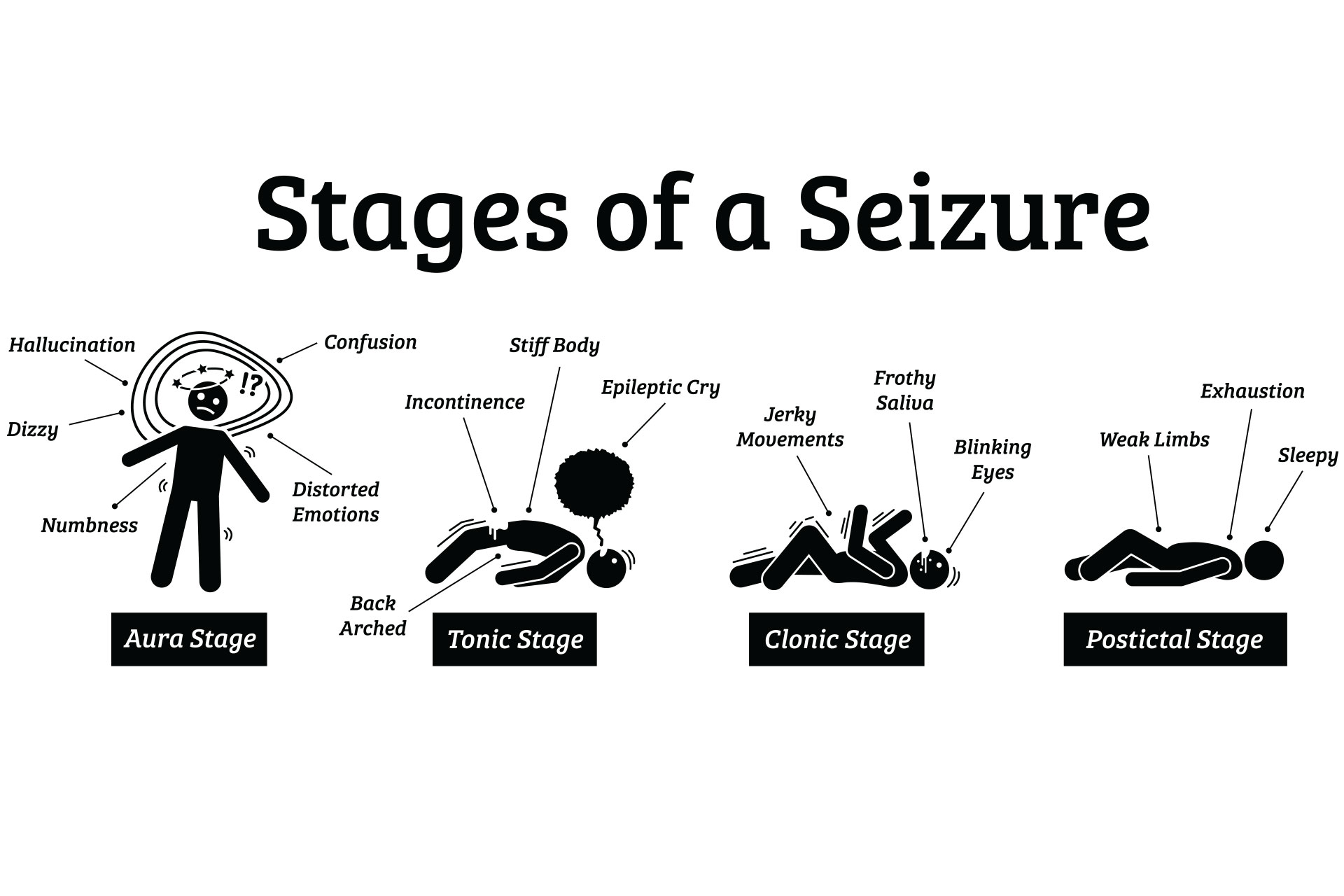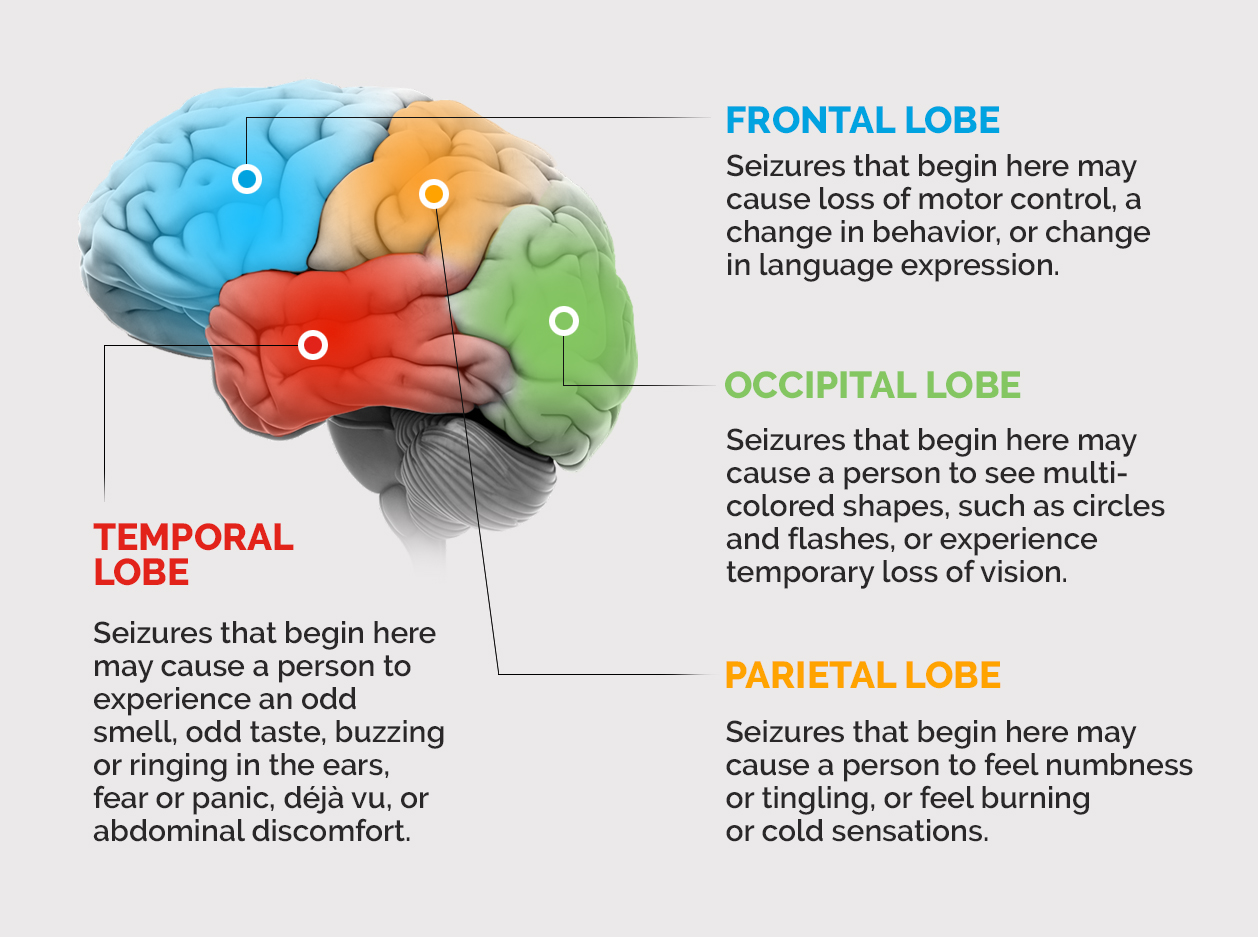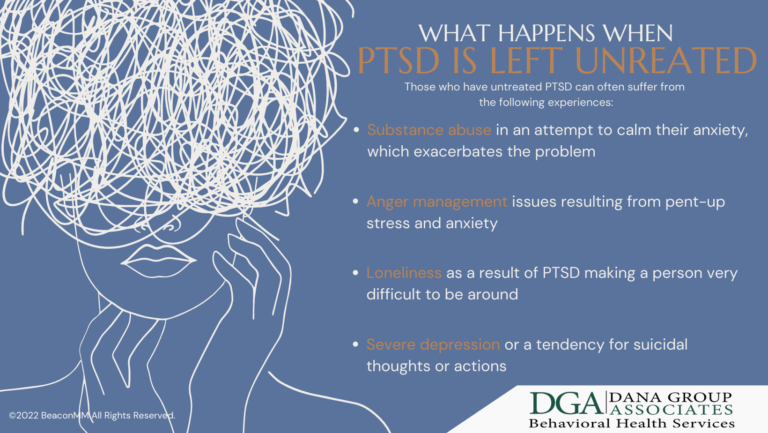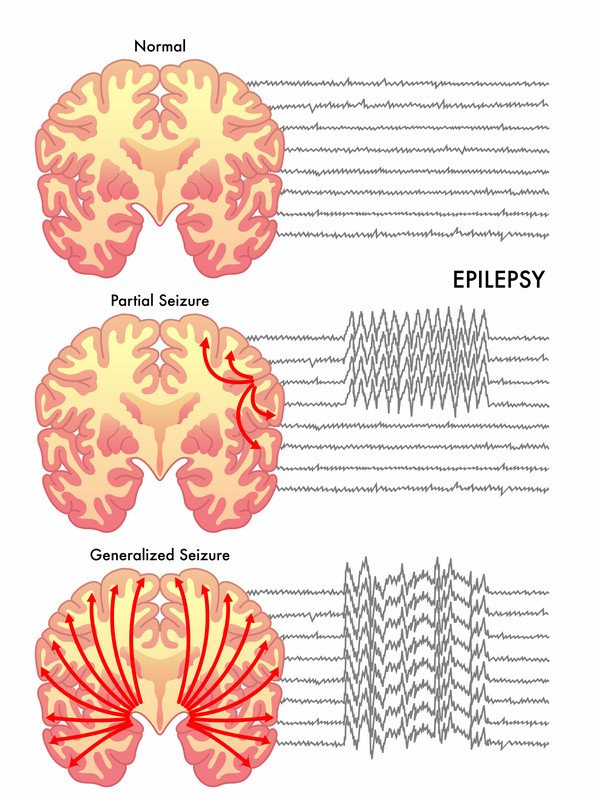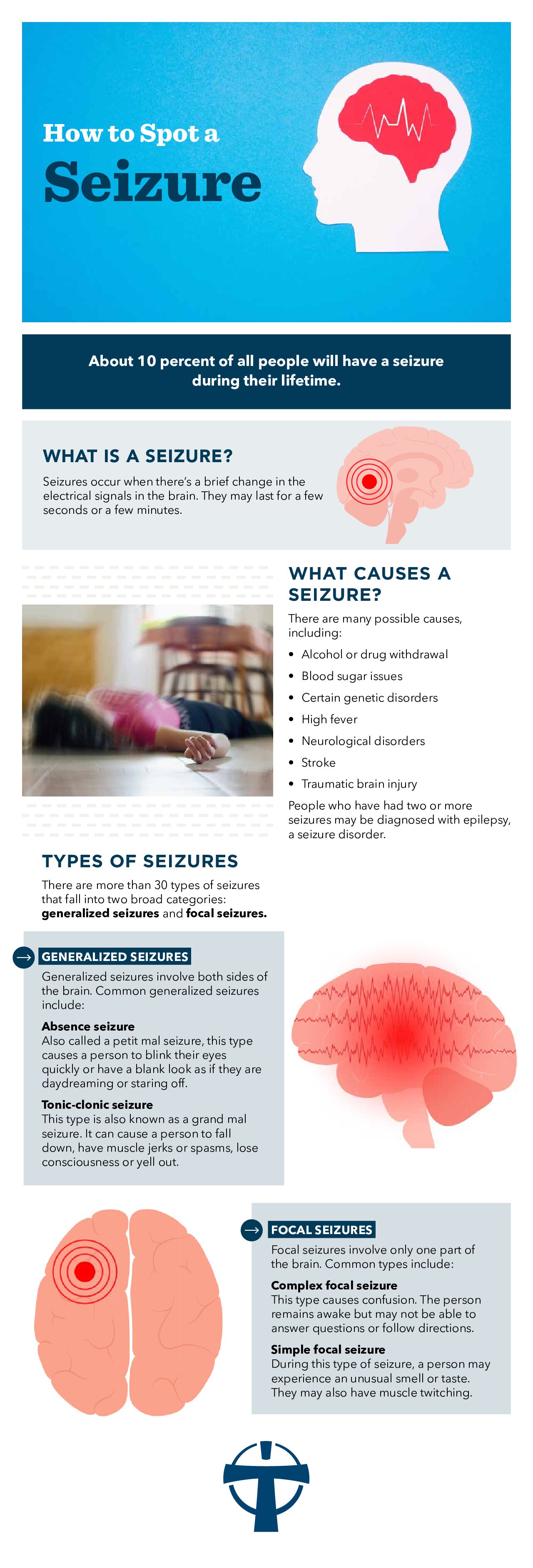What Happens If Seizures Go Untreated
:max_bytes(150000):strip_icc()/nonconvulsive-status-epilepticus-2488649_v2-a14455e62a4a467da617ca5ca299429f-2f54cc130954499d8f6f8980644607e4.png)
Untreated seizures can lead to severe, irreversible brain damage and even death. Immediate medical intervention is critical to prevent long-term consequences.
This article addresses the dangers of untreated seizures, highlighting the potential for physical injury, cognitive decline, and increased mortality. Understanding the risks is paramount for prompt diagnosis and management.
The Immediate Threats
Uncontrolled seizures can cause direct physical harm. Injuries from falls, such as bone fractures and head trauma, are common risks. These can require extensive medical treatment and rehabilitation.
During a seizure, individuals may experience breathing difficulties. This can lead to hypoxia, depriving the brain of oxygen. Prolonged hypoxia can result in permanent brain damage.
Status epilepticus, defined as a seizure lasting longer than five minutes or multiple seizures without regaining consciousness between them, is a medical emergency. According to the Epilepsy Foundation, status epilepticus can cause irreversible brain damage and death if not treated promptly.
Long-Term Neurological Consequences
Repeated, untreated seizures can significantly impact cognitive function. Studies have shown a correlation between seizure frequency and cognitive decline, including memory loss and impaired learning abilities.
Chronic, uncontrolled seizures can lead to the development of other neurological problems. This can include behavioral changes and increased risk of psychiatric disorders, like depression and anxiety.
According to a 2018 study published in Neurology, individuals with poorly controlled epilepsy have a higher risk of developing progressive cognitive impairment over time. Early and effective seizure management is crucial for preserving cognitive health.
Increased Risk of SUDEP
SUDEP, or Sudden Unexpected Death in Epilepsy, is a significant concern. The Centers for Disease Control and Prevention (CDC) reports that SUDEP is the leading cause of epilepsy-related death.
While the exact causes of SUDEP are not fully understood, uncontrolled seizures are a major risk factor. Effective seizure management can significantly reduce the risk of SUDEP.
Individuals with frequent or severe seizures, especially those that occur at night, are at a higher risk. Proper monitoring and medication adherence are essential for prevention.
Impact on Quality of Life
Untreated seizures severely diminish overall quality of life. The unpredictable nature of seizures can lead to social isolation, anxiety, and depression.
Individuals may face challenges in education, employment, and personal relationships. The constant fear of experiencing a seizure can create significant emotional distress.
According to the Epilepsy Foundation, managing seizures effectively improves quality of life and allows individuals to participate more fully in daily activities.
Next Steps and Ongoing Care
If you or someone you know is experiencing seizures, seek immediate medical attention. Early diagnosis and treatment are crucial for preventing long-term complications.
Work closely with a neurologist to develop an individualized treatment plan. This may include medication, lifestyle modifications, and other therapies.
Ongoing research is focused on developing new and improved treatments for epilepsy. Stay informed about the latest advancements and participate in clinical trials if appropriate to improve seizure management and minimize long term effects.


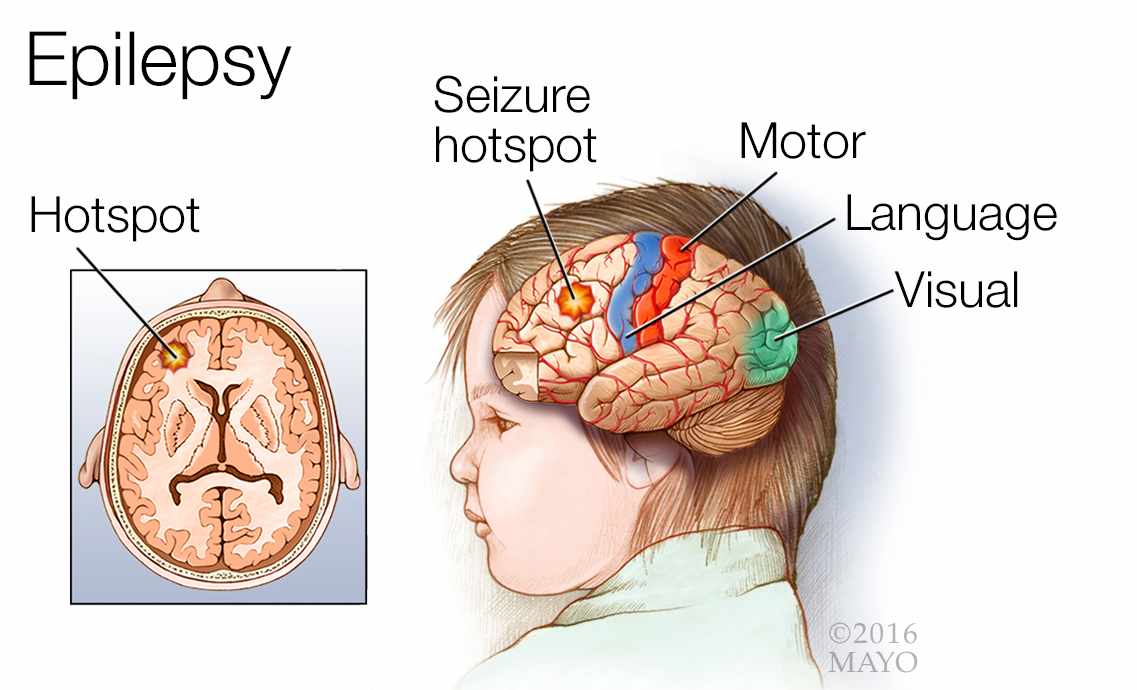
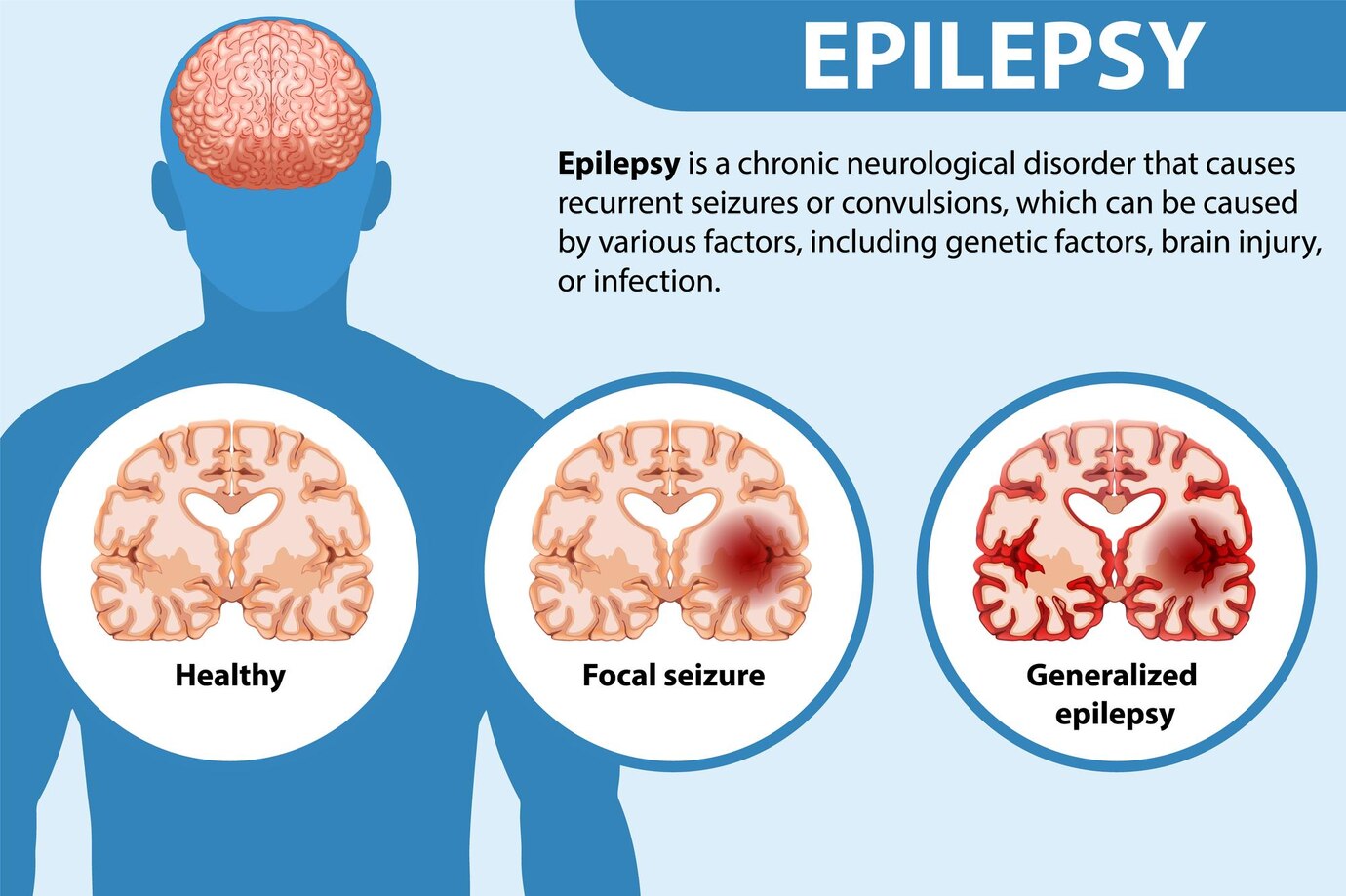
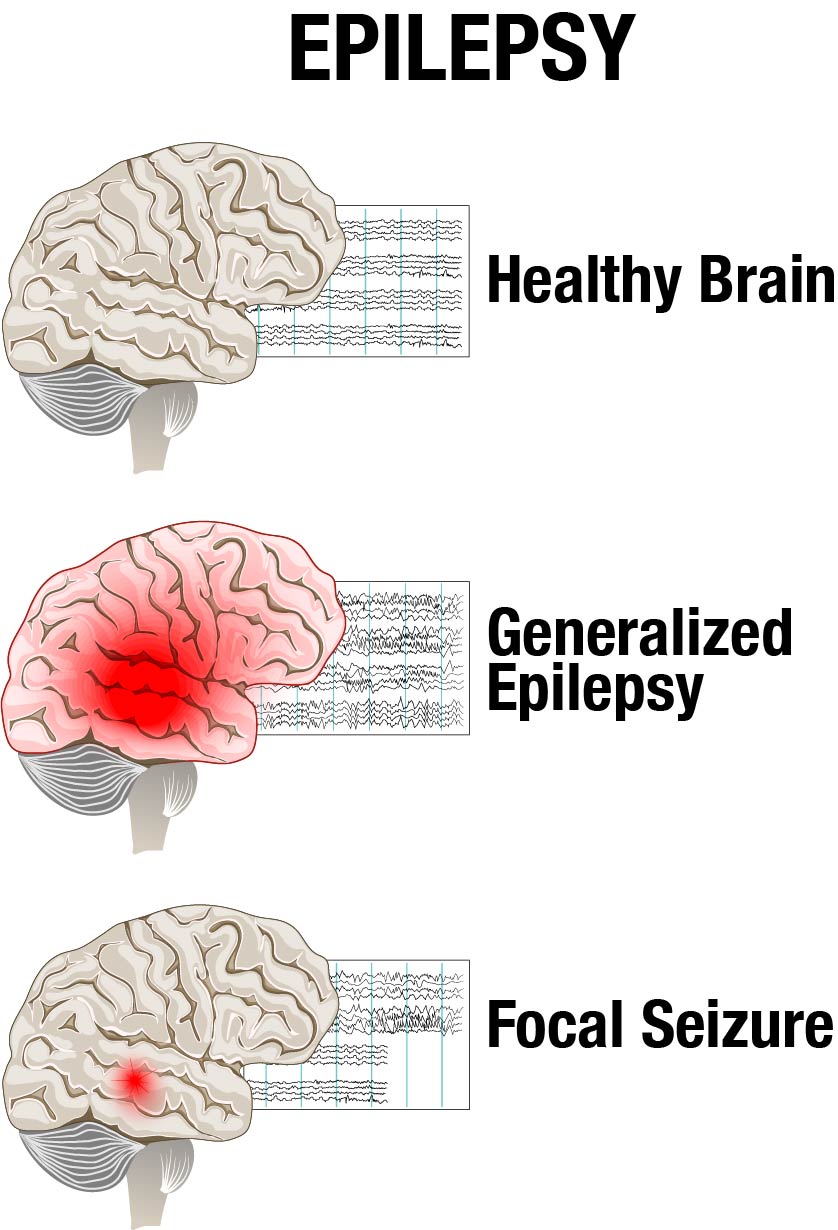





:max_bytes(150000):strip_icc()/epilepsy-overview-4155857_final_edited-dcaf959b3f214bc3b6b6e48302a5430a.png)
